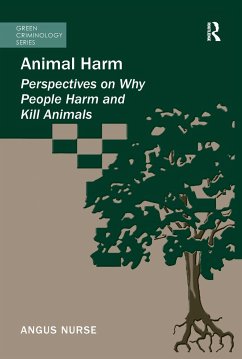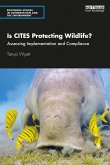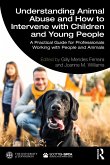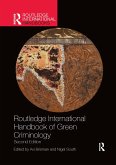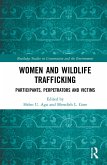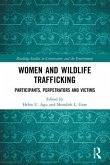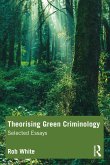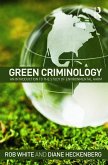Why do people harm, injure, torture and kill animals? This book evaluates the reasons why these crimes are committed and outlines the characteristics of the animal offender. It considers ethical and value judgements made about animals and the tacit acknowledgement and justification of unacceptable criminal behaviour towards the harming of animals made by offenders. Situating animal abuse, wildlife crime, illegal wildlife trading and other unlawful activities directed at animals firmly within Green Criminology, the book contends that this is a distinct, multi-dimensional type of criminality which persists despite the introduction of relevant legislation. Taking a broad approach, the book considers the killing and harming of animals in an international context and examines the effectiveness of current legislation, policy and sentencing. Including a section on further reading and useful organizations, this book is a valuable exploration into perspectives on the responsibility owedby man to animals as part of broader ecological and legal concerns. It will interest criminologists, ecologists, animal protectionists and those interested in law and society and law and the environment.
'This fascinating book provides a detailed and thought-provoking analysis of animal harm that challenges deep seated common sense assumptions about why people harm, injure or kill animals - with major implications for how environmental law enforcement officers, non-government organisations and the courts ought to respond. As this book demonstrates, a sophisticated understanding of the issues highlights the necessity for nuanced and problem-solving approaches in dealing with them.' Rob White, University of Tasmania, Australia 'The author provides an insight into how crimes against animals contain not only legal, but also moral, gendered and cultural dimensions. This book will be a very important contribution to the study of animal abuse and will fill a gap for many green criminologists and others studying this field.' Ragnhild Sollund, University of Oslo, Norway 'This book brilliantly synthesizes studies of criminal typology of offender types to those entities and individuals who commit animal harm worldwide across species, domestic and wild, to develop a green criminological agenda that recognizes animal harm as social harm and provides greater protection for all animals to promote the public good.' Joan Schaffner, George Washington University, USA 'Angus Nurse highlights the destructive implications of Government policies that simultaneously weaken anti-cruelty regulations while relying on a punishment-as-deterrence approach to criminal justice policy. He makes a convincing case for an end to official complacency towards cruelty to animals, and the need for a holistic, multi-faceted approach to tackle animal harm.' Dan Lyons, Centre for Animals & Social Justice and University of Sheffield, UK

